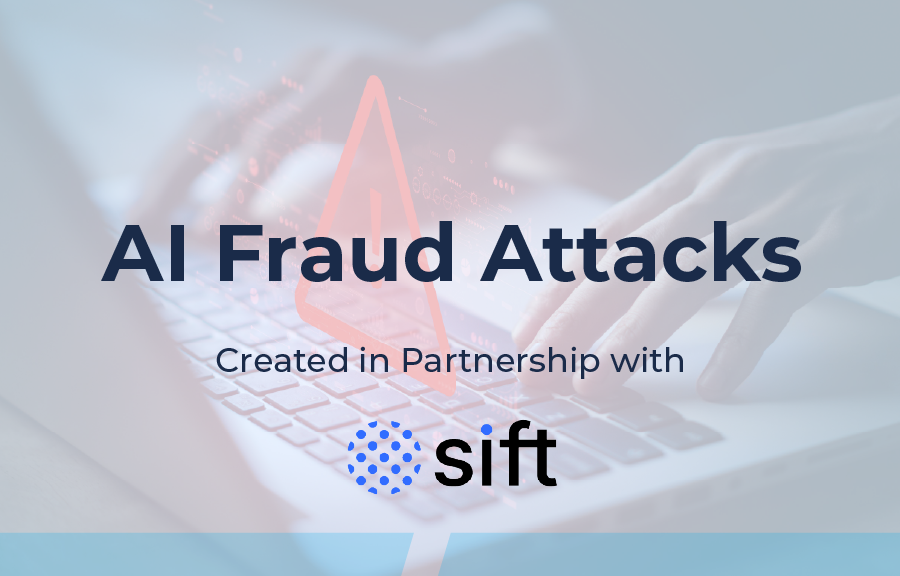
AI Fraud Attacks

The AI Fraud Attacks course comprehensively explores the evolving threats posed by AI-driven fraud and equips participants with strategies to mitigate these risks effectively. It examines the dual role of AI in fraud, highlighting its potential to detect and perpetrate fraudulent activities. The course dives into various attack methods, such as AI-powered phishing, synthetic identity creation, and deepfake technologies, while also exploring adversarial tactics used to exploit machine learning models.
MRC Members: USD $75 (plus applicable taxes)
Non-members: USD $150 (plus applicable taxes)
Participants will gain insights into advanced detection and prevention strategies, including AI-powered fraud detection systems, behavioral analytics, and multi-layered security frameworks. The course also addresses ethical considerations and compliance with global regulations like GDPR and emerging AI-specific standards, ensuring participants understand the legal and moral implications of leveraging AI in fraud prevention. Additionally, learners will explore future trends, such as quantum computing risks and the weaponization of generative AI, to prepare for the rapidly evolving fraud landscape.
FAQs
-
- eCommerce payment managers seeking to enhance their understanding of payments orchestration.
- Fraud prevention specialists who need to understand how payments orchestration can impact fraud management
- eCommerce business owners and managers looking to optimize their payment systems for efficiency and cost-effectiveness.
- Customer experience managers looking to optimize the customer experience through streamlined and efficient payment processes.
- The course may also benefit financial analysts, IT and technical professionals, compliance officers, and strategic planners and consultants in online retail.
- eCommerce payment managers seeking to enhance their understanding of payments orchestration.
- Fraud prevention specialists who need to understand how payments orchestration can impact fraud management
- eCommerce business owners and managers looking to optimize their payment systems for efficiency and cost-effectiveness.
- Customer experience managers looking to optimize the customer experience through streamlined and efficient payment processes.
- The course may also benefit financial analysts, IT and technical professionals, compliance officers, and strategic planners and consultants in online retail.
-
- Program Level: Basic
- Program Field of Study: Specialized Knowledge
- Program Delivery Method: QAS Self Study
- CPE Credits: 1.0
- Advanced Preparation and/or Pre-requisites: None
Please allow approx. 1 hour to complete this course. The course culminates with a comprehensive final assessment to evaluate the user's comprehension of the material. Upon successfully completing the final assessment, participants will be awarded a certificate of completion and CPE credits representing their proficiency in the subject matter.
- Program Level: Basic
- Program Field of Study: Specialized Knowledge
- Program Delivery Method: QAS Self Study
- CPE Credits: 1.0
- Advanced Preparation and/or Pre-requisites: None
Please allow approx. 1 hour to complete this course. The course culminates with a comprehensive final assessment to evaluate the user's comprehension of the material. Upon successfully completing the final assessment, participants will be awarded a certificate of completion and CPE credits representing their proficiency in the subject matter.
-
- Define payments orchestration
- List key challenges that payments orchestration aims to solve
- Outline how payments orchestration works
- Identify and describe the components of payments orchestration
- Identify the key benefits of payments orchestration for merchants
- Describe payment and fraud management costs
- Identify initiatives that drive more efficient cost ownership
- Outline key considerations for merchants looking to partner with a payments orchestration provider
- Define payments orchestration
- List key challenges that payments orchestration aims to solve
- Outline how payments orchestration works
- Identify and describe the components of payments orchestration
- Identify the key benefits of payments orchestration for merchants
- Describe payment and fraud management costs
- Identify initiatives that drive more efficient cost ownership
- Outline key considerations for merchants looking to partner with a payments orchestration provider
-
- MRC Members: USD $75 (plus applicable taxes)
- Non-members: USD $150 (plus applicable taxes)
MRC Education Accreditation

MRC Education Refund Policy